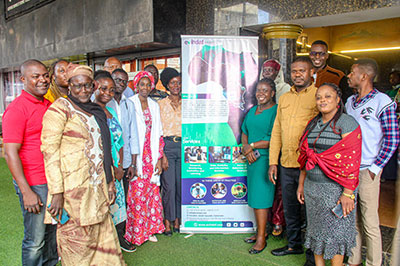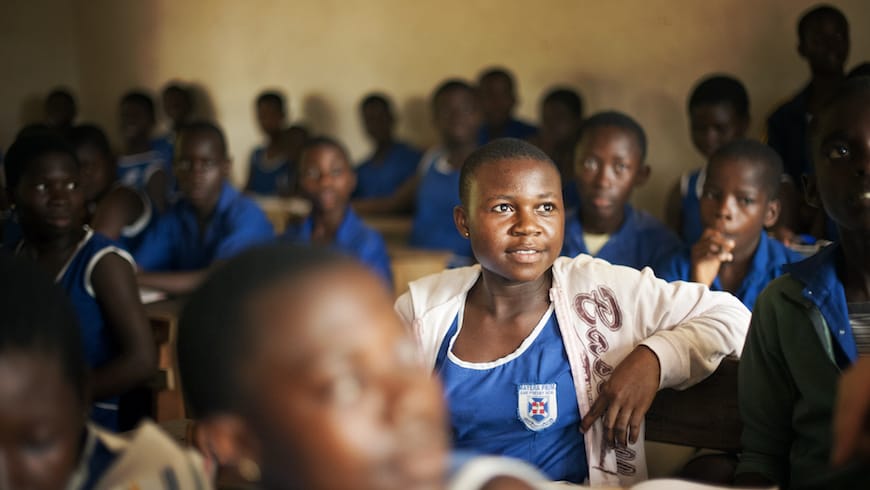Perceptions, norms and consequences of infertility in some regions of Cameroon
Infertility is a growing issue in Cameroon, marked by high rates, cultural stigmas, and limited access to treatment. Current sexual and reproductive health policies mainly emphasize family planning. While improving fertility services is a priority for many African nations, Cameroon’s infertility policy landscape remains unclear. This situation presents an opportunity to examine infertility’s effects and identify ways to enhance the lives of both women and men. planning, there remains a deficiency in assessing both men’s and women’s confidence in their contraceptive choices throughout life.
EVIHDAF is working with University of California San Diego’s Center for Gender Equity and Health (UCSD-GEH), Makerere University, Matchboxology, and Save the Children, to conduct a formative research study on infertility and infertility-related stigma in 02 localities (Yaoundé and Nganha) in Cameroon. It is part of a larger project to design a social and behavioral change (SBC) intervention for infertility.
Goal and objective
This research aims to inform tailored social and behavioral change (SBC) interventions in Cameroon, enabling individuals to achieve their reproductive goals. It focuses on developing an SBC approach that tackles perceptions, attitudes, and norms regarding (in)fertility and related stigma in urban and rural regions.
Approach
We will carry out an exploratory study using qualitative approach to understand the individual, community, social and systems factors that influence (in)fertility-related knowledge, attitudes and social norms, and ultimately, women’s and men’s reproductive agency and behaviors in an urban and rural site of Cameroon.
Study activities
This formative research will take place between July to December 2023 in an urban (Yaoundé) and a rural (Nganha) site in Cameroon. Data collection will occur from September to October 2023, starting with IDIs and FGDs with women and men, as well as KIIs, followed by data collection of FGDs with key reference groups. Data collection will be followed by data analysis (October – November 2023), subsequently informing co-creation workshops (December 2023) that will inform a future SBC intervention.
Snapshot
Study area: Cameroon and Kenya
Project Date: 2023-2025
Consortium Partners: Center on Gender Equity and Health, UC San Diego; EVIHDAF; Makerere University; Matchboxology; Save the Children
Funder: UDAID’s Bureau for Africa
Targets: 1) The factors (included and not included in the ‘5Cs’) of contraceptive acceptability are identified. 2) The facilitators and barriers to contraceptive acceptability as a function of reproductive life stage, social identity, geographical area and/or choice of contraceptive method are assessed.
Ongoing Projects

a4allcontra

